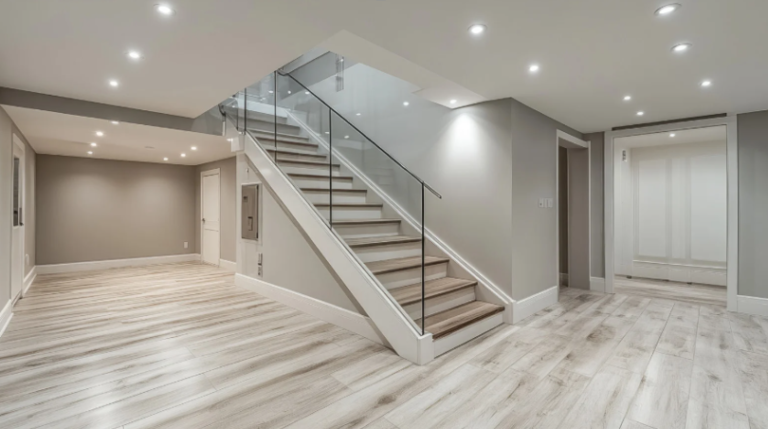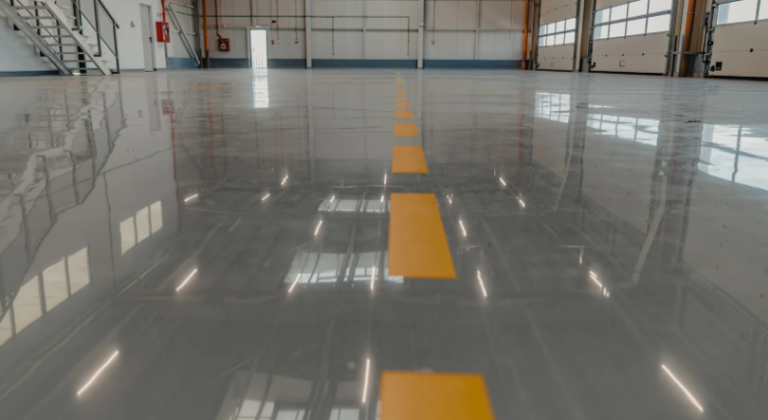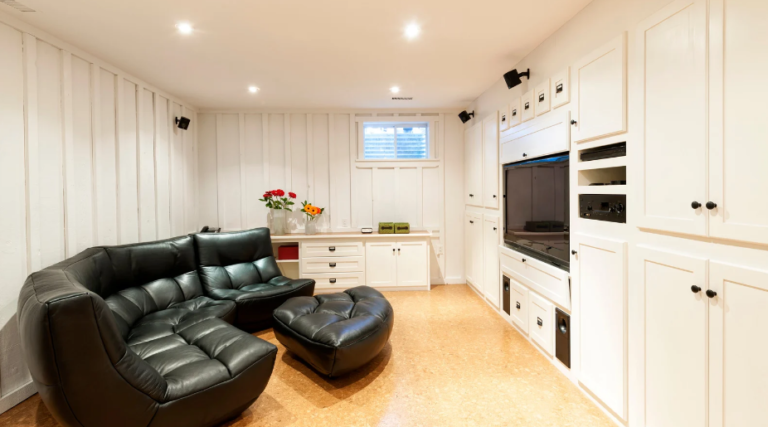Exploring the Role of Modern Architecture in Atlanta’s Evolving Urban Landscape
Atlanta’s urban landscape has seen a dramatic shift in recent years, shaped by modern architecture that blends cutting-edge design with functionality. From adaptive reuse projects to towering glass-and-steel structures, today’s architecture firm in Atlanta plays a vital role in transforming the city into a more sustainable, connected, and visually compelling environment. These firms aren’t just creating buildings; they’re influencing how communities interact and how neighborhoods evolve.
A Vision Rooted in Design and Function
Modern architecture in Atlanta isn’t just about aesthetics; it’s a response to the city’s rapid growth and shifting demographics. Mixed-use developments, walkable urban villages, and transit-oriented projects are helping to reduce sprawl while creating more livable environments. These developments rely on innovative design that prioritizes daylighting, energy efficiency, and integration with the surrounding streetscape.
Site planning and outdoor space functionality are essential factors in these projects. In fact, understanding the questions to ask a landscape architect for your next outdoor project becomes a crucial part of aligning architecture with livability. Outdoor elements are no longer afterthoughts; they are key contributors to wellness and community-building.
See also: Maximize Your Home’s Value with a Professional Renovation
Reframing the Misconceptions Around Architects
Despite the city’s design-forward movement, many misconceptions about working with architects still linger. There’s a common belief that hiring an architect inflates project costs or complicates decision-making. In reality, professional architectural services often save money and time by preventing costly design errors and streamlining the construction process.
These misunderstandings can be limiting. By clarifying the common misconceptions about hiring an architect, more property owners and developers can feel empowered to collaborate with professionals who bring both creative vision and technical expertise to the table. Clear communication, early involvement, and thoughtful planning are the pillars of a successful modern build.
The Shift Toward Sustainable and Inclusive Design
Sustainability is no longer a trend; it’s an expectation. Atlanta’s modern architectural projects increasingly feature LEED-certified buildings, rainwater collection systems, high-performance insulation, and passive solar strategies. These elements not only reduce environmental impact but also support long-term operational cost savings for building owners.
Inclusive urban design is also gaining traction. From ADA-compliant infrastructure to public gathering spaces, architecture is becoming a tool for social equity. Projects are being designed with community input, ensuring that new developments respect the cultural and historical fabric of the neighborhoods they inhabit.
Technology is another catalyst. Architects now use digital modeling and performance simulations to analyze daylight, airflow, and energy consumption before construction begins. This precision improves comfort and usability while supporting Atlanta’s broader sustainability goals.
Conclusion
As Atlanta continues to grow, modern architecture is driving its evolution, not just visually, but structurally, socially, and environmentally. From integrating landscape planning early in the design phase to breaking down outdated beliefs about the architectural process, the city is embracing a smarter approach to development. Through sustainability, innovation, and human-centered design, Atlanta’s future is being built, one well-planned structure at a time.
Forward-thinking architectural strategies are not just shaping skylines; they’re redefining how communities live, gather, and move through space. By aligning design with long-term urban goals, today’s architects are laying the foundation for a more resilient, inclusive, and vibrant Atlanta, one that reflects both its cultural legacy and its ambition for the future.






